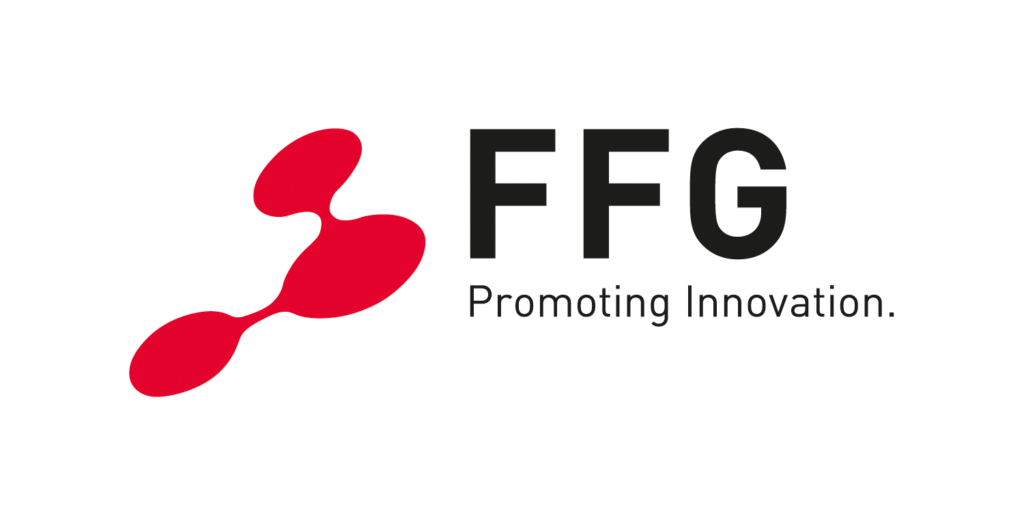About
CE-PASS is an Austrian industrial research project addressing the issue of sustainability-aware automotive design for the Circular Economy. Austria has a strong industrial base in the automotive sector and this sector is currently undergoing radical change:
Firstly, the sector changes in terms of technology by moving away from the internal combustion engine and its reliance on fossil fuels, to competing powertrain systems such as hydrogen fuel cells and/or battery-based electric drive trains.
Secondly, corporate due diligence increasingly dictates a view on industrial design that bears long-term sustainability and value retention in mind. At the same time, networks-based, cloud-enabled, distributed ICT has brought disruptive potential to all sectors, leading to a new wave of automation and digitally driven manufacturing processes.
Nowadays, corporate IT systems interact with digital platform-based systems (e.g., in B2B supply chains) and exchange data flows between these systems and governmental databases that keep track of material flows and hazardous substances, and also, to and from, Public Sector Information (PSI) that report on ecological footprints of products. As it already becomes clear, such highly networked systems require high levels of trust and security, but will also have high maintenance cost unless much of the data curation and usage can be automated.
The CE-PASS project is partially funded by the “ICT of the Future” Program of the FFG. https://www.ffg.at/

Use Cases
CE-PASS is designed around two distinct use cases: internal combustion engine, and traction batteries for electric vehicles.
The project investigates how engineers can already at the design stage, assess downstream effects like life cycle costs, ecological benefits or circularity potential of their design decisions. A prototype system of a DPP will be built and included as a platform-based service thus combining design, lifecycle analysis, and exploration of feedback channels from recyclers to production and design, with a view to optimizing product value retention in the Circular Economy. Special emphasis is on the notion of a DPP combining aspects of Industry 4.0 standards with stakeholder-oriented perspectives on the ecological footprint of industrial products.
The project is also intended to pave the way for a larger endeavour in future Horizon Europe calls.
Research
- Sustainability, CE and Lifecycle Assessment
- Testing, Validation and Evaluation
- Product Passport Perspectives
- Data Exchange Platform
